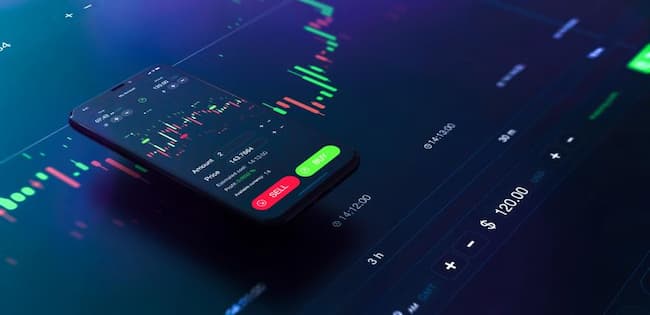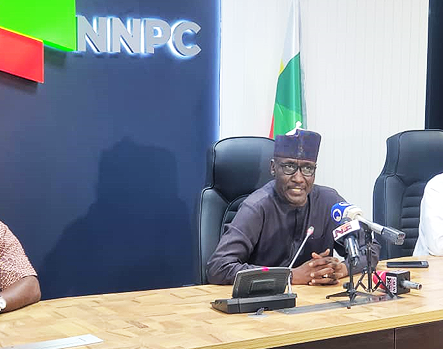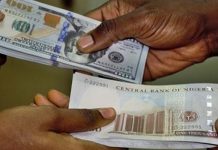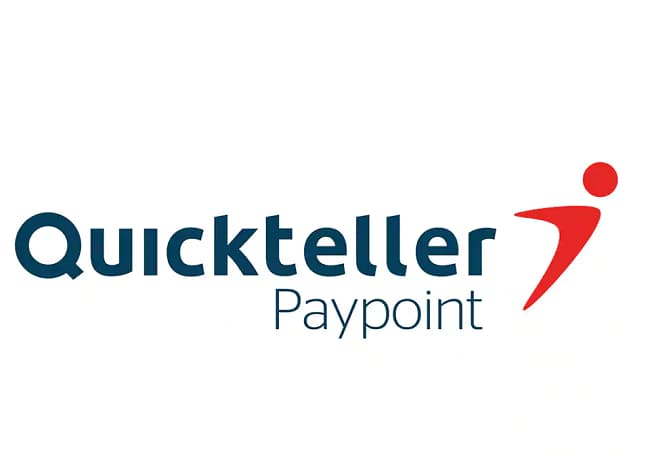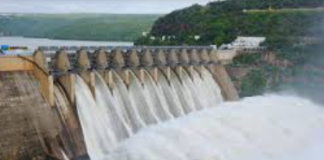According to Group Chief Executive Officer of NNPC Mele Kyari, the Nigerian National Petroleum Company Limited is in negotiations for another loan backed by oil to strengthen its finances and permit investment in its operations.
According to people with knowledge of the matter, the oil company wants to use the new loan proposal to raise at least $2 billion. NNPC declared in August 2023 that it had obtained a $3.3 billion emergency credit from the African Export-Import Bank to repay crude oil.
The national oil firm is planning to increase the amount of its crude-backed loans to $5.3 billion when the $3.3 billion loan is added to the $2 billion newly planned loan. As of Tuesday at press time, Nigerians were unable to find out how much of the $3.3 billion loan the oil corporation had paid back.
Reuters claimed on Tuesday that Kyari stated the company was seeking a fresh loan in relation to its daily output of between 30,000 and 35,000 barrels of crude oil, but he did not specify how much money was being sought.
This occurred on Tuesday when lines for Premium Motor Spirit, also known as gasoline, continued to form in Abuja and the surrounding states, as well as in Lagos, the commercial hub of Nigeria. Marketers attributed this to NNPC’s lack of supplies, as they are the only company importing PMS into Nigeria. Because they were unable to obtain US money, other dealers ceased importing the product.
Additionally, marketers cautioned NNPC against collecting debts backed by crude as they hoped the scenario wouldn’t worsen things for Nigeria’s oil industry.
Reuters also reported that NNPC’s debts to gasoline suppliers had doubled in the last four months to hit $6 billion. This was, however, countered by the spokesperson of the NNPC, Olufemi Soneye.
“False. Did they name the marketers they claim we supposedly owe? Let them name them,” Soneye told our correspondent while responding to the Reuters report.
Nigeria’s government finances rely on the oil the NNPC exports, and oil provides the bulk of crucial foreign exchange reserves. But pipeline theft and years of underinvestment have sapped oil production in recent years, and the cost of fuel subsidies has further depleted cash reserves.
President Bola Tinubu has been struggling to push through reforms in Africa’s biggest oil exporter—including eliminating fuel subsidies and allowing the naira currency to trade close to market levels—without pushing the country’s population to a cost-of-living breaking point.
Kyari confirmed that NNPC wanted a loan against 30,000–35,000 barrels per day of crude production but declined to say how much money the company is seeking. He said the cash raised would be used for all of NNPC’s business activities, including supporting production growth.
“We have no problem covering our gasoline payments. This is just money for normal business and not a desperate act,” Kyari told Reuters.
“It will be a syndication with critical but regular partners who have been in business with our company to forward the cash,” he said, adding he expected to conclude the deal in the next two months.
NNPC already has a $3.3 billion oil-backed loan through Afreximbank, but five sources said the company’s lack of cash had been aggravated by rising fuel subsidy costs and that the new loan would help it pay them.
It is unclear which lender would arrange the loan, as three sources said Afrexim would be unable to extend its exposure to Nigeria that far. All five sources who spoke to Reuters asked not to be named because they were not authorised to speak on the issue.
Some oil trading houses have already stopped participating in NNPC’s tenders for petrol because the overdue bills have pushed their exposure to Nigeria above the levels their companies allow.
Tinubu announced the removal of costly fuel subsidies shortly after he took office last year, allowing pump prices to triple. Subsidies, which critics say are an inefficient tool that benefits mainly elite, city-dwelling car owners, have been a drain on Nigeria’s finances for years.
But given the pain of double-digit inflation, NNPC capped average fuel prices at just above N600/litre a year ago—a price that has become further from market levels since the naira fell and global oil prices rose.
Fuel queues began forming last week in Lagos as Abuja petrol marketers stopped selling. Sources said the ex-depot price in Lagos is above N700/litre, meaning stations would lose money if they sold at the capped prices.
The 650,000-barrel-per-day Dangote refinery on the outskirts of Lagos expects to begin producing gasoline and open a new tab in the coming weeks. But that refinery has loans and crude oil feedstock costs in US dollars and would be reluctant to sell at a loss inside Nigeria or wait months for payments from the NNPC.
The sources said the pressure had mounted on the government to increase pump prices, but leaders, mindful of deadly riots in Kenya that forced the government to backtrack on plans to increase taxes, are expected to be cautious about doing so.
Reacting to the fuel supply situation in Nigeria and the proposed loan by NNPC, the President of the Petroleum Products Retail Outlets Owners Association of Nigeria, Billy Gillis-Harry, said that though the national oil company was working hard to clear the queues, marketers were still expecting products from the company.
“NNPC has assured us that they are working hard to tackle the fuel supply issues. So we are expecting products from them because, as you know, NNPC is still the sole importer of PMS into Nigeria, and that has been a challenge,” he stated.
On the proposed load, the PETROAN president advised the oil company to be smart about it, adding that “it is true that they need the funds to grow investments, but they must be sure that in the long run it would be of benefit and not detrimental to the oil sector.”



